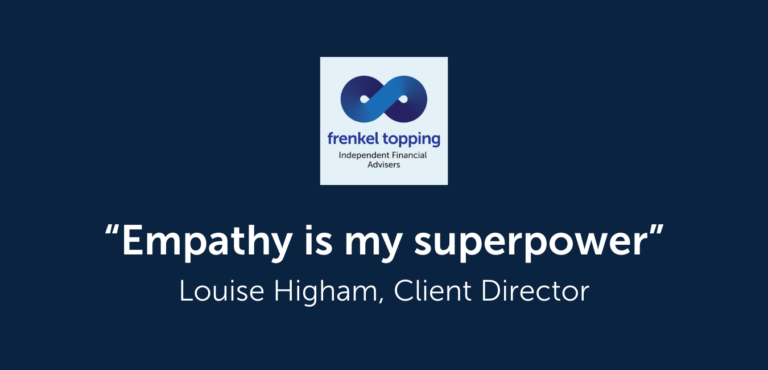Defining Vulnerability and Identifying Affected Groups
In our recent Knowledge Hub Session, we explored the evolving nature of vulnerability and the mindset of Claimants at the point of settlement. Vulnerable clients can include the elderly, those with mental health issues, recipients of legal guardianship, and others susceptible to misleading marketing. The European Commission’s dimensions of vulnerability were discussed, highlighting the increased risk of negative financial outcomes for these groups.
Financial Abuse: A Critical Issue
Financial abuse is often perpetrated by close relatives or caregivers. The session looked at recognising the signs of abuse is essential for prevention. Deputies or attorneys managing investments for vulnerable clients must be acutely aware of these risks. New “consumer duty” regulations mandate better practices for serving vulnerable clients, including effective communication, responsive service, tailored products, and fair pricing.
Case Studies: Real-World Applications
One compelling case study featured Trevor, a 28-year-old who received a £2 million settlement. Trevor’s situation highlighted challenges such as impulsive behaviour and the risk of exploitation. Early financial advice is crucial for navigating settlements and planning for the future. Advisers play a pivotal role in helping clients understand family concerns regarding Periodic Payment Orders (PPOs) or lump sums and guiding them through welfare benefits impacted by changes in work status.
The Role of Financial Advisers
Financial advisers provide invaluable support in various areas:
- Clarity on Benefits: Advisers help clients understand the financial services compensation scheme and the longevity of funds using cash flow modelling.
- Life Assessment Meetings: These sessions address budgeting, income maximization, welfare benefits eligibility, and legal discussions about wills and powers of attorney.
- Sustainable Financial Growth: Evaluating savings, pensions, and investment strategies is essential for long-term financial health.
Personal Injury Trusts and Financial Planning
Personal injury trusts are crucial for maintaining means-tested benefits and protecting against financial abuse. Another case study of Trevor emphasized the importance of budgeting after a large settlement, advising against luxury purchases and highlighting the need for contingency funds and balanced investment strategies. Understanding risk levels in financial planning is critical, especially with inflation affecting cash value over time.
Ethical and Sharia-Compliant Investing
Ethical investing is increasingly important, especially among younger clients who consider Environmental, Social, and Governance (ESG) criteria. Sharia-compliant portfolios, which exclude certain industries and avoid interest income, align investments with ethical beliefs.
Ongoing Support and Training
Frenkel Topping’s commitment to ongoing holistic financial planning ensures that investment objectives, welfare benefits reviews, Personal Injury Trust management, tax planning, and legal services like wills and power of attorney are thoroughly addressed. Financial advisors receive bespoke training focused on assisting vulnerable clients, with regular check-ins from a dedicated Client Relationship Team.
Conclusion: Empowering Through Knowledge
The session concluded by encouraging questions and offering further assistance, underscoring the importance of bespoke training for teams. The case study on MG demonstrated how welfare benefits reviews could significantly improve household income, emphasizing the need for regular reassessment of benefits.
By understanding and addressing the unique needs of vulnerable clients, financial advisors can provide the support necessary for navigating complex financial landscapes. This CPD-accredited session by Frenkel Topping is a testament to their dedication to empowering clients through knowledge and expert guidance.
Stay tuned for more insights and updates from Frenkel Topping, where we continue to prioritise the well-being and financial security of our clients.
To view this session in full and our other topics visit www.ftgknowledgehub.co.uk



